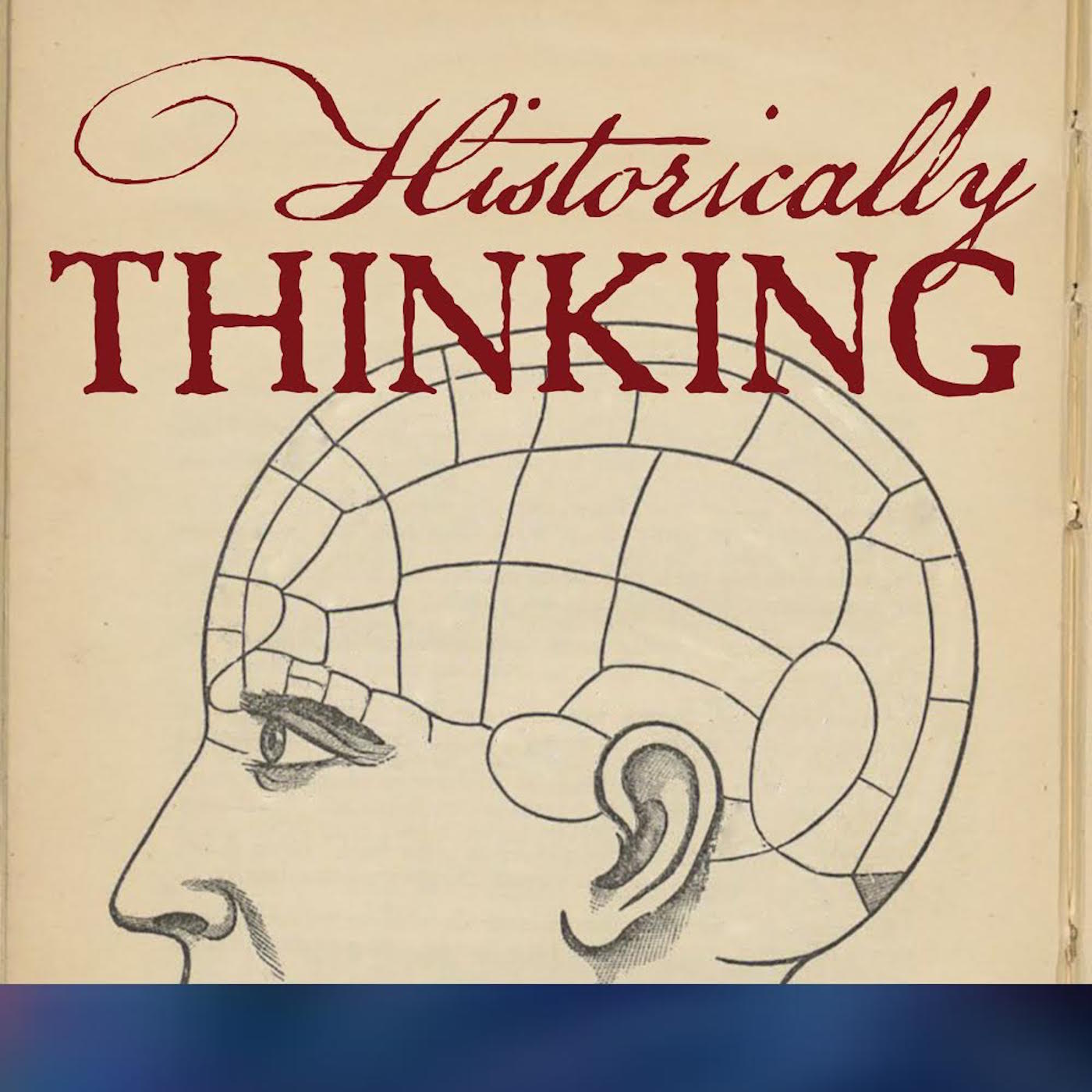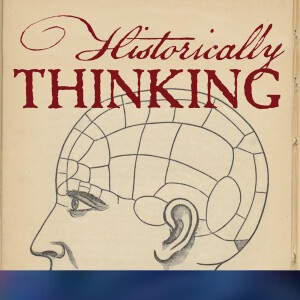
Just before 10 AM on Tuesday, June 9th, 1964, in Tuscaloosa, Alabama, hundreds of people were gathered in First African Baptist, prepared to march to the new Tuscaloosa County Courthouse where they planned to drink from water fountains and use restroom facilities that were supposed to be only used by whites. Around the church were gathered hundreds of police, members of the Ku Klux Klan, and other deputized whites. At 10:15 AM, after the arrest of Reverend T.Y. Rogers, the pastor of First African Baptist, the police attacked the church. They beat those who attempted to leave with clubs and cattle prods. Then, the door being closed and locked, they brought up a fire truck, and blasted away the stained glass windows, filling the sanctuary in some places ankle-deep with water. Then they fired tear gas canisters through the windows, driving those within outside, where they were beaten, and over a hundred were hauled off to jail.
This was Bloody Tuesday, now a nearly forgotten inflection point in the Civil Rights struggle, overshadowed by the concurrent campaign then ongoing in St. Augustine, by national events in the weeks to come, and by the violence of Selma in 1965. John M. Giggie had preserved the memories of Bloody Tuesday, and complex struggle of justice in Tuscaloosa in his new book Bloody Tuesday: The Untold Story of the Struggle for Civil Rights in Tuscaloosa.
John M. Giggie is Associate Professor of History and Director of the Summersell Center for the Study of the South at the University of Alabama. He is creator of "History of Us," the first Black history class taught daily in a public school in Alabama. Giggie is also director of the Alabama Memory Project, which seeks to recapture and memorialize the over 650 lives lost to lynching in Alabama, and a founding member of the Tuscaloosa Civil Rights History and Reconciliation Foundation.
For Further Investigation
Three short essays on Bloody Tuesday by John Giggie:
“How Tuscaloosa’s Bloody Tuesday Changed the Course of History,” Time.com, June 7, 2024
Remembering Bloody Tuesday, Alabama Heritage, June 2024
The Tuscaloosa Campaign and Bloody Tuesday, Encyclopedia of Alabama
Books on the Civil Rights movement on Tuscaloosa, related to subjects in the podcast, or mentioned in the podcast:
Clark, E. Culpepper. The Schoolhouse Door: Segregation’s Last Stand at The University of Alabama. Tuscaloosa: University of Alabama Press, 1995.
Hollars, B.J. Opening the Doors: The Desegregation of the University of Alabama and the Fight for Civil Rights in Tuscaloosa. Tuscaloosa: University of Alabama Press, 2013.
Wendt, Simon. The Spirit and the Shotgun: Armed Resistance and the Struggle for Civil Rights. Gainesville: The University Press of Florida, 2007.
Cobb, Charles E. Jr. This Nonviolent Stuff'll Get You Killed: How Guns Made the Civil Rights Movement Possible. Durham: Duke University Press, 2015.
Marsh, Charles. God's Long Summer: Stories of Faith and Civil Rights. Princeton: Princeton University Press, 2008.
Chappell, David L. A Stone of Hope: Prophetic Religion and the Death of Jim Crow. Chapel Hill and London: University of North Carolina Press, 2005.
view more
More Episodes
Episode 380: Madrid
 2024-10-28
2024-10-28
 2024-10-28
2024-10-28
Episode 379: Philadelphia
 2024-10-14
2024-10-14
 2024-10-14
2024-10-14
Episode 378: Old New World
 2024-10-07
2024-10-07
 2024-10-07
2024-10-07
Episode 377: BIG HISTORY (From the Archives)
 2024-09-30
2024-09-30
 2024-09-30
2024-09-30
Episode 376: Venerable Bede
 2024-09-24
2024-09-24
 2024-09-24
2024-09-24
Episode 375: Bible History
 2024-09-16
2024-09-16
 2024-09-16
2024-09-16
Episode 374: Serpent in Eden
 2024-09-04
2024-09-04
 2024-09-04
2024-09-04
Episode 373: Spycrafte
 2024-08-30
2024-08-30
 2024-08-30
2024-08-30
Episode 372: Glorious Lessons
 2024-08-26
2024-08-26
 2024-08-26
2024-08-26
Episode 370: Enemies of All
 2024-08-19
2024-08-19
 2024-08-19
2024-08-19
Episode 371: Forming National Character
 2024-08-12
2024-08-12
 2024-08-12
2024-08-12
Episode 369: Horse
 2024-07-29
2024-07-29
 2024-07-29
2024-07-29
Episode 368: Mosquito
 2024-07-22
2024-07-22
 2024-07-22
2024-07-22
Episode 366: Longing for Connection
 2024-07-08
2024-07-08
 2024-07-08
2024-07-08
Episode 365: Chesapeake Bay Sea Monster
 2024-07-01
2024-07-01
 2024-07-01
2024-07-01
Episode 364: House of Lilies
 2024-06-24
2024-06-24
 2024-06-24
2024-06-24
Episode 363: Flying Saucers
 2024-06-17
2024-06-17
 2024-06-17
2024-06-17
Episode 362: Out of One, Many
 2024-06-03
2024-06-03
 2024-06-03
2024-06-03
Episode 361: Book Makers
 2024-05-27
2024-05-27
 2024-05-27
2024-05-27
0123456789101112141516171819
Create your
podcast in
minutes
- Full-featured podcast site
- Unlimited storage and bandwidth
- Comprehensive podcast stats
- Distribute to Apple Podcasts, Spotify, and more
- Make money with your podcast
It is Free
- Privacy Policy
- Cookie Policy
- Terms of Use
- Consent Preferences
- Copyright © 2015-2024 Podbean.com






